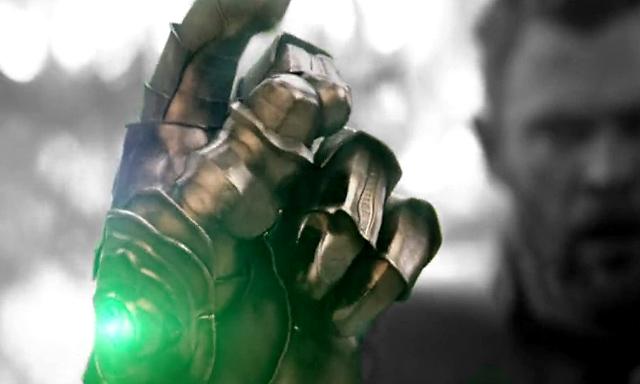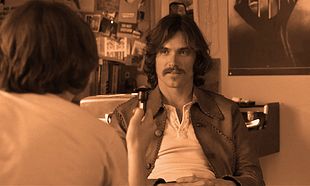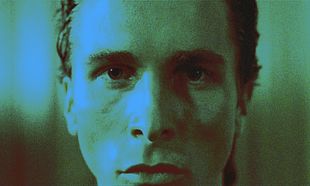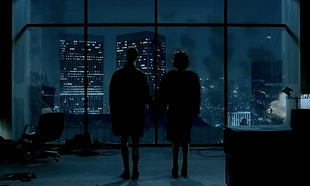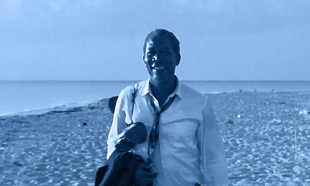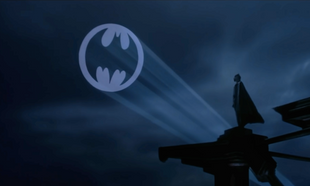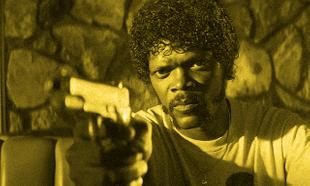The Final Scene looks at the last few minutes of some of the most well-known movies of the past fifty years. This week, in honour of the release of 'Avengers: Endgame', we're looking at 'Avengers: Infinity War'...
Cliffhangers in movies are nothing new. In the '30s and '40s, the chapter plays - by their very nature - relied on cliffhangers in order to ensure people came back, but also to guide the story along. The Marvel Cinematic Universe has been built around this idea, that each story leads into the next, which leads into the next, and so on and so on. With 'Avengers: Infinity War', the ending was what made the movie - and what sets it up for 'Avengers: Endgame'.
The context surrounding 'Avengers: Infinity War' is lain out across 20 movies, but when you see it happen for the first time, it's quite striking. So often, the issue with the Marvel Cinematic Universe has always been that there are little to no stakes. Tony Stark is always going to survive because, well, there's just no way it's going to go on without him. Likewise, you're not just going to introduce characters like Spider-Man and Black Panther, and then wipe them out in a single moment. Can you? Evidently, you can.
It's a testament to Tom Holland's performance as Spider-Man that he can turn up for two movies and audiences react more to his demise than any other character, primarily because his suffering is not only the most prolonged, but the one that no doubt haunts Tony Stark the most. After all, he brought him into this mess - as we see at the beginning of the movie - and now he has to contend with the failure, and the price of that failure in real terms.
The manner in which "The Snap" takes place, by turning everyone to dust, is an intriguing choice. In the comics, the event simply takes place with a snap of Thanos' fingers, and the heroes have no prior knowledge. Even more pointedly, the people simply disappear. There's no turning to ash, but rather a simple vanishing act before people's very eyes. Compare that to the movie, where we see not only all of the heroes disintegrate, but we know exactly why Thanos is doing what he's doing.
Here's what happens when Thanos snaps his fingers in the comics, by the way pic.twitter.com/IDFbF7ouZ7
— Tristan Cooper (@TristanACooper) March 16, 2018
The nearest comparison, other than the serial plays of the '50s, for 'Avengers: Infinity War' was in 'The Empire Strikes Back' - which itself was influenced heavily by 'Flash Gordon' serials of the '30s. The movie, as we know, ends after Luke Skywalker has his hand sliced off by Darth Vader, who's just revealed that he's his father. Not only that, Han Solo has been encased in carbonite and taken away to be a conversation starter for a crime boss he's been running from since the first movie. The shock of that ending wasn't lessened by the fact that we knew a third one was coming.
The same goes for 'Avengers: Infinity War'. Even though we know that the next chapter is coming, the impact is still there and actually heightens it.
